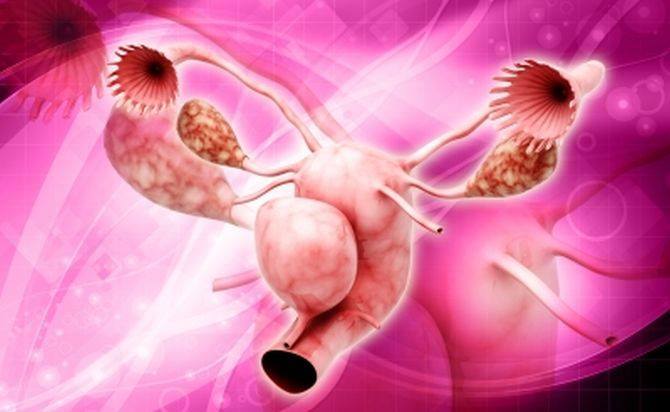New research from King’s College London suggests that many women under 30 with cervical cancer are diagnosed more than 3 months after first having symptoms. In many cases this was because they did not recognize the symptoms as serious.
According to a new study published today in the British Journal of General Practice, approximately 1 in 134 women will get cervical cancer at some point in their lives. It is most common in women in their thirties. Cervical cancer is nearly always caused by the Human Papillomavirus (HPV). HPV infection is very common, especially in young women, but for most, the infection resolves completely on its own and does not lead to cervical cancer. In England, the NHS offers screening to prevent cervical cancer to women aged 25-64.
As part of this study, researchers interviewed 128 women under 30 with a recent diagnosis of cervical cancer. This represents approximately 37% of all women under 30 diagnosed in 2010 in England. Of these, 40 had been diagnosed after going to the doctor because they had symptoms, 86 had been diagnosed as a result of routine NHS screening and 2 were diagnosed during management of an unrelated condition.
Among the 40 women diagnosed after going to the doctor with their symptoms, the majority had reported bleeding after sex or between periods. Over a quarter (28% – 11 women) had waited for more than 3 months to see a doctor; 10 of these said that they had not known what the symptoms of cervical cancer were. Women under 25 were more likely to delay compared with women aged 25-29.
Many women also reported that it had taken more than 3 months to be diagnosed after first going to the doctor (60% – 24 women). There was some evidence that women did not re-attend quickly after their first consultation despite symptoms persisting.
Dr. Lindsay Forbes, senior author of the study, from the Promoting Early Cancer Presentation Group at King’s College London, says: “Our study suggests that women, especially women under 25, are often not aware of the symptoms of cervical cancer and delay seeing their doctors. A better understanding of the importance of these symptoms could help promote earlier diagnosis and improve survival in this group. Cervical screening tests aim to prevent cancer from developing – the test looks for changes caused by long-standing HPV infection in women without symptoms. Women who have persistent symptoms need to be offered a proper examination, not simply a cervical screening test.”
Dr. Anita Lim, lead author, who undertook the research at King’s and is now at Queen Mary University of London, says: “Symptoms of cervical cancer include vaginal discharge or bleeding after sex or between periods. The majority of women will experience these symptoms at some point in their lives, and usually they are no cause for concern. However, if these symptoms persist, then women should seek an appointment with their GP so that they can be examined and followed up if need be. They should also be encouraged to return to their GP if the symptoms don’t get better.”
Professor Willie Hamilton, co-author from the University of Exeter Medical School, says: “This study matters as we know screening in the much younger age groups is problematic- so we have to try and diagnose young women by considering their symptoms.”
Source: Lim, A et al. “Delays in diagnosis of young women with symptomatic cervical cancer in England: an interview-based study” published in the British Journal of General Practice
Journal Link: http://bjgp.org/content/












